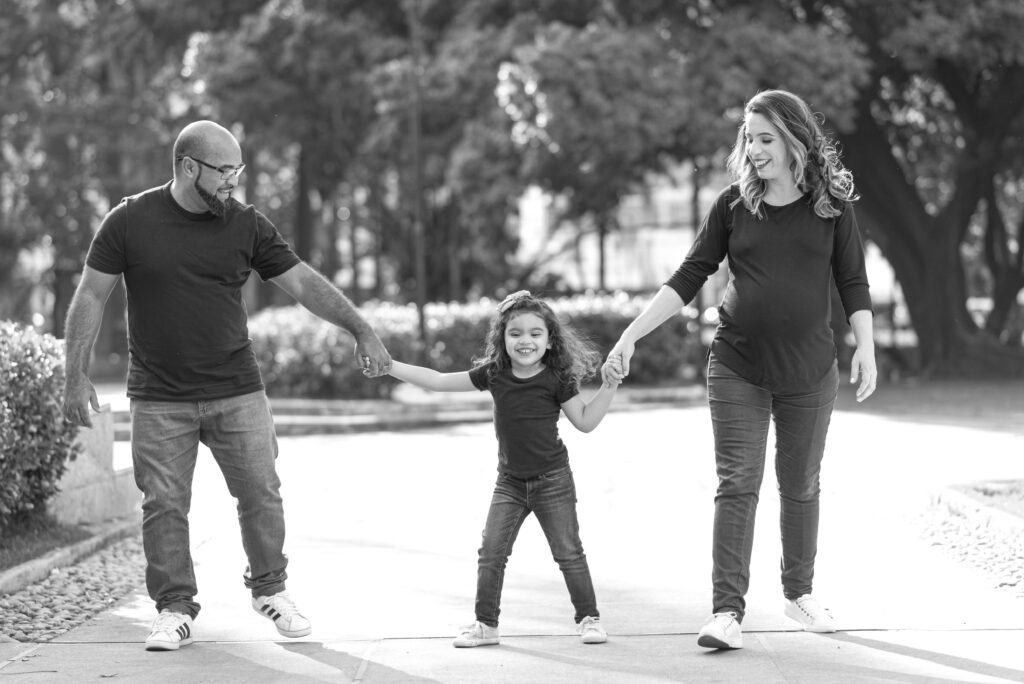Being a parent is one of the most rewarding yet challenging roles in life.
However, maintaining calmness and patience can sometimes feel like an uphill battle.
When emotions run high, it’s easy to lose your temper, but becoming a calm and patient parent is achievable with the right strategies.
In this blog, we’ll explore six proven ways to help you stay calm and patient, making your parenting journey smoother and more enjoyable.
1. Parent with Mindfulness: Practice Being Present

One of the most effective ways to become a calm and patient parent is to practice mindfulness.
Mindfulness involves being fully present in the moment, paying attention to your thoughts, feelings, and surroundings without judgment.
- Why Mindfulness Matters: When you parent with mindfulness, you are more in tune with your child’s needs and your reactions. This awareness helps you respond rather than react impulsively, allowing you to stay calm even in challenging situations.
- How to Practice Mindfulness: Start by taking a few deep breaths when you feel your patience wearing thin. Focus on your breath, and bring your attention to the present moment. Over time, mindfulness can become a natural part of your parenting routine.
2. Parent with Empathy: Understand Your Child’s Perspective

Another essential way to become a patient parent is by cultivating empathy.
Empathy is the ability to understand and share the feelings of another person, in this case, your child.
- The Power of Empathy: When you parent with empathy, you can better understand why your child behaves in certain ways, which can help you respond with compassion rather than frustration. Empathy allows you to connect with your child on a deeper level, fostering a stronger parent-child relationship.
- How to Build Empathy: Try to see situations from your child’s perspective. If your child is acting out, consider what they might be feeling or needing at that moment. Acknowledge their emotions, and respond in a way that shows you care about their feelings.
3. Parent with Self-Care: Prioritize Your Well-being

It’s impossible to be a calm and patient parent if you’re running on empty. Self-care is crucial for maintaining your patience and emotional balance as a parent.
- The Importance of Self-Care: Taking care of your own needs doesn’t make you selfish; it makes you a better parent. When you prioritize your well-being, you have more energy, patience, and emotional resilience to handle parenting challenges.
- Self-Care Strategies: Make time for activities that recharge you, whether it’s exercising, reading, meditating, or spending time with friends. Ensure you’re getting enough sleep, eating well, and managing stress. When you take care of yourself, you’re better equipped to care for your child.

4. Parent with Realistic Expectations: Embrace Imperfection

Setting realistic expectations is key to becoming a calm and patient parent.
Unrealistic expectations can lead to frustration and disappointment when things don’t go as planned.
- Why Realistic Expectations Matter: Parenting is full of surprises, and no day goes perfectly. By embracing imperfection and setting realistic expectations for yourself and your child, you can reduce stress and maintain your patience.
- How to Set Realistic Expectations: Understand that both you and your child are learning and growing together. Give yourself grace when things don’t go perfectly, and focus on progress rather than perfection. Recognize that setbacks are a natural part of the parenting journey.
5. Parent with Positive Communication: Encourage and Support

Positive communication is a powerful tool for fostering patience in parenting.
How you communicate with your child can significantly impact their behavior and your emotional response.
- The Role of Positive Communication: When you parent with positive communication, you create an environment of encouragement and support. This approach reduces the likelihood of conflicts and helps you stay calm in challenging situations.
- Techniques for Positive Communication: Use affirming language and focus on what your child is doing right rather than what they’re doing wrong. Listen actively to your child’s concerns and validate their feelings. Set clear, gentle boundaries and explain the reasons behind your rules.
6. Parent with Patience-Building Techniques: Practice Daily

Finally, becoming a calm and patient parent requires practice.
Like any skill, patience can be cultivated through consistent effort and the use of specific techniques.
- Why Practice is Essential: Developing patience takes time, especially in the high-stress environment of parenting. By incorporating patience-building techniques into your daily routine, you gradually strengthen your ability to remain calm under pressure.
- Patience-Building Techniques: Techniques such as deep breathing, counting to ten before responding, and taking breaks when needed can help you maintain your composure. Regularly remind yourself of your long-term parenting goals, and focus on the big picture rather than getting caught up in momentary frustrations.
Conclusion
Becoming a calm and patient parent is a journey that requires mindfulness, empathy, self-care, realistic expectations, positive communication, and daily practice.
By implementing these six proven strategies, you can cultivate the patience and calmness needed to navigate the challenges of parenting with grace.
Remember, it’s not about being perfect; it’s about making progress and showing up for your child with love and understanding every day.
